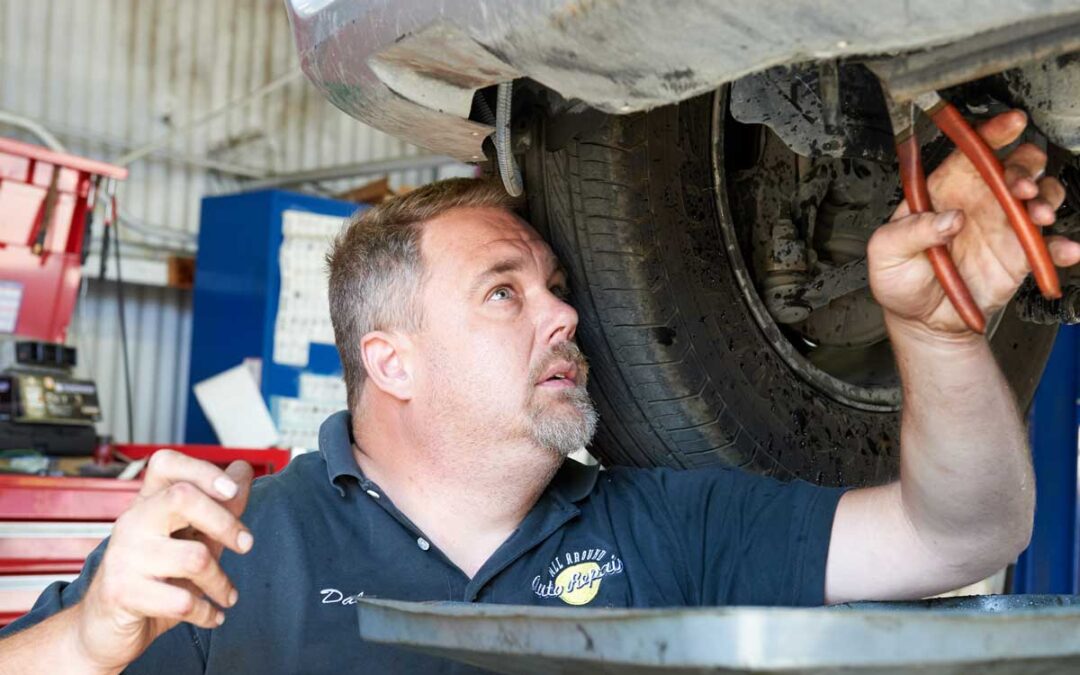The fact that cars are staying on the roads for longer highlights the importance of taking your vehicle in for routine maintenance and diagnostic testing at car shops. Truth is, cars are simply more resilient with the right care.
Car Maintenance by the Numbers
What’s somewhat mind-boggling to think about is the fact that auto maintenance sector – technically called the automotive aftermarket industry – now does more than $700 billion in global business annually.
With the right preventive maintenance and timely repair of failing parts your car can last longer than ever before. Cars are staying on the roads for a historically long time, and even fleet vehicles are riding the longevity wave.
The average fleet vehicle is staying on the highways and byways 17 percent longer compared to just 10 years ago. Over the last 10 years, new and used car owners have increased ownership time by 60 percent as well.
New, Oldish and “Seasoned” Cars All Benefit
Whether your car is ten months old and ready for an oil change or ten years old and ready for a new timnig belt, car shops can keep your wheels on the road for longer.
The interesting wrinkle in this story is that older cars (cars that have been on the road for 11 years or more) potentially need different kinds of maintenance than cars that are fewer than four years old.
Oil Changes
Depending on the age of your vehicle and recommendations per your owner’s manual, oil changes may be recommended every three to five thousand miles or as infrequently as every 7,000 to 10,000 miles on newer vehicles.
For instance, older cars might benefit from more frequent oil changes and switching over to a more premium, synthetic oil blend. Getting new motor oil and flushing your transmission fluid will keep an older vehicle from breaking down.
The benefits of regular oil changes extend to newer and oldish cars as well since oil changes:
-extend engine life
-protect engine components
-keep engine lubricated
-improve fuel economy
-improved engine performance
-produce cleaner emissions
Getting a regular oil change, in other words, will help you pass your emissions test with flying colors since your car will expel less dirty oil, which builds up inside the crankcase without the right motor oil to keep things moving.
Fuel Filter
Relatedly, even newer vehicles could realize many of these same benefits through replacing the fuel filter on time. A fuel filter should essentially be replaced every two years.
Like the rules for changing motor oil on newer versus older vehicles, fuel fitlers can have different maintenance intervals depending on the year of manufacture of your vehicle.
Experienced car shops can tell you how often your car needs to replace its fuel filter based on the above factors and by running a fuel pressure test, which might be quite challenging to do at home!
The general rule of thumb used to be that you should go no longer than two years or 30,00 miles for replacing your fuel filter on older vehicles.
Newer vehicles might be able to go slightly longer; a fuel pressure test is the best way to remove the ambiguity and sidestep potential damage to your fuel pump, injectors, and fuel economy.
It might be high time for a new fuel filter if you experience symptoms like: difficulty or failure starting, shaky start off red light (i.e., trouble at low speeds), or difficulty starting your engine.
Seek Out Car Shops with Experience
All Around Auto Repair has the mechanics and technicians on-site to help you get the preventive maintenance and new parts that your new or more seasoned car needs to function at its best.
Though the reviews to some extent speak for themselves, schedule an appointment at All Around Auto Repair online or by calling 707 837 0646 and discover the benefits of preventive maintenance for yourself!


